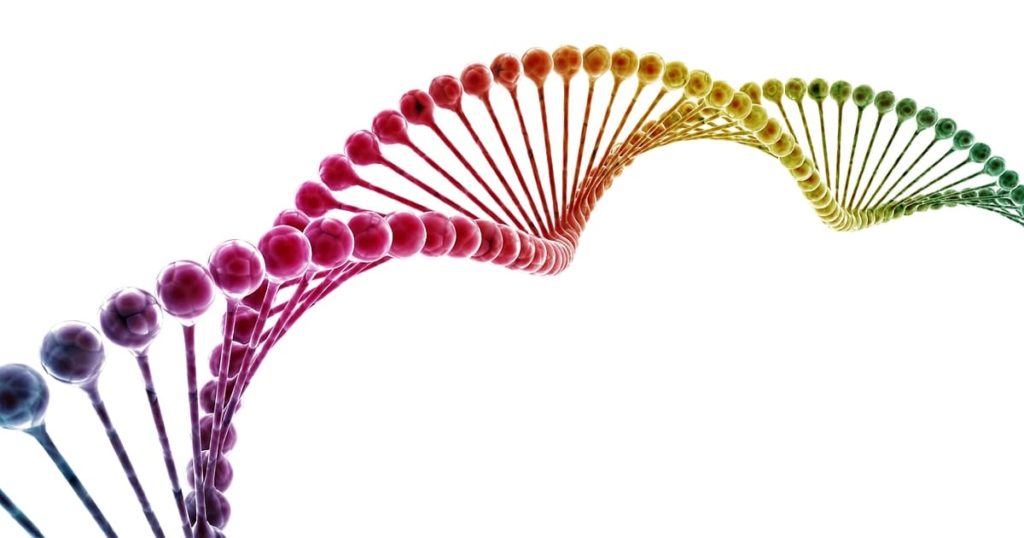Liver failure occurs whenever your liver loses at least some of its ability to perform its normal, life-sustaining functions. One of the well-recognized potential causes of this extremely serious condition is prolonged, heavy alcohol consumption. Once liver failure from alcohol intake or any other source sets in, you can’t recover the full health of the organ. However, if you quit drinking and damage hasn’t advanced past a certain point, your doctor may be able to limit progression of the condition and help you avoid the need for a liver transplant.
Liver Failure Essentials
Liver failure is a potential consequence of the two most serious forms of alcohol-related liver disease: alcoholic hepatitis and alcoholic cirrhosis. Alcoholic hepatitis occurs when a prolonged pattern of excessive drinking triggers serious inflammation inside your liver. Alcoholic cirrhosis occurs when the same type of drinking pattern triggers a replacement of healthy liver tissue with non-functional scar tissue. The two conditions often appear together in affected individuals. You rely on your liver for a number of vital jobs, including:
- Elimination of toxins and waste products in your bloodstream
- Production of the proteins needed to clot your blood
- Ongoing support of your immune system, and
- Production of a fluid needed to digest the fat in your diet
When the organ begins to fail, it partially loses the ability to perform these tasks. An advanced case of liver failure can lead to a catastrophic loss of function, and even death, unless you receive a liver transplant.
Can You Recover?
Once you develop liver failure from alcohol consumption or any other underlying cause, you will not regain the lost function in the organ. However, if the condition is caught soon enough, progression can be temporarily halted through proper treatment. Steps that will help preserve your remaining liver function include:
- Completely abstaining from any additional alcohol use, utilizing treatment for alcoholism if necessary
- Limiting your intake of protein (particularly animal-based protein), and
- Limiting your intake of table salt and other sources of sodium
You may also need to undergo a liver transplant, which can restore lost function and potentially prolong your life for decades. During transplantation, some patients receive whole organs from recently deceased donors. However, others receive partial organs from living donors. Most people who receive liver transplants live for at least another five years. Resources Merck Manual: Liver Failure https://www.merckmanuals.com/home/liver-and-gallbladder-disorders/manifestations-of-liver-disease/liver-failure Merck Manual – Professional Version: Alcoholic Liver Disease https://www.merckmanuals.com/professional/hepatic-and-biliary-disorders/alcoholic-liver-disease/alcoholic-liver-disease Mayo Clinic: Liver Transplant https://www.mayoclinic.org/tests-procedures/liver-transplant/home/ovc-20211840






